|
My heart is saddened today by the news of Leonard Nimoy's passing. No, I didn't know him. I never met him. But growing up, he was always there as Mr. Spock, speaking logic from the television screen.
I loved that Vulcan and his funky ears. I loved how he wrestled with his human side and struggled with emotion. I loved those rare moments when he would smile. And I loved his real sense of humor and how he could laugh at himself. It's a little strange to be sad. Selfish, probably. He's off exploring new frontiers, and I'm trying to hold onto a fictional character. I can say his portrayal of the loveable Spock has contributed to my writing. He gave life to the character Gene Roddenberry created. He added the nuances and the mannerisms. He took a two dimensional idea and made it into legend. Godspeed, Mr. Spock. Mr. Nimoy. And thank you.
0 Comments
In my genre, creating a strong female lead character is a must. She has to be beautiful, smart, amazing, and perfect, as well as able to save the universe with her pinky finger. So...does this mean she can't be rescued?
That's something I struggle with. If a woman is supposed to do everything a man can do and more, she shouldn't have to be rescued. She should be able to outwit, outgun, outfight every villain. This afternoon, I saw Jupiter Ascending. For the most part, I enjoyed it. And while this isn't a review of the movie, it sparked my thought about this idea of strength in leading female roles. Jupiter herself seems pretty strong. She handles being swept away to a new world and culture pretty well. She takes her share of hits. And in the end (sorry for the spoiler), she stands up to the bad guy. But she can't seem to get through a scene without being rescued. If she falls (which she does a lot), she's caught. If she's trapped, she escapes with help. Her counterpart, Caine, is always there. Of course, that sets up the rather contrived love story. It gives her a reason to fall (not literally) for the guy. We see this in the more popular stories, too. Bella in Twilight is another example. Always rescued for the sake of the love story. So what is it that identifies a female lead as strong? I think it boils down to character. The very essence of what makes her take a stand for her beliefs. For her friends and family. Honor, integrity, heart. Look at Katniss in The Hunger Games. She stood up to protect her sister, and later the other folks she loved. Would she have chosen those terms normally? Probably not. Her hand was a little forced in the matter. Going back to Jupiter, she made a similar choice. I made several revisions to my books to ensure a strong female lead, but I still like the idea of the rescue. There's something deep in our souls that longs for that rescue. I know the secret. Do you? It's pretty awesome once you figure it out. But that's another post for another day. Hanileh in Poison experienced a few rescues. In the end, she was the one to save the day. Raven in Fusion got herself in trouble on more than one occasion, but she was instrumental in bringing about the resolution. Both characters had to identify what was important to them and fight for it. In that, they found their strength. And in my eyes, that makes them worthy. Many years ago, we bought a brand new Dell computer. This was something because all my previous computers had been pieced together by my amazing brother who has serious computer skillz (yes, that's misspelled on purpose.) It was a great computer...for a year or two. Then it started getting slower and slower... It's still good for general computation. Word processing and such. But that old dinosaur has since been "unplugged" from online intrigues. It sits, mostly unused, in our bedroom.
I had purchased a netbook as an investment after writing one of my melodramas. It was a great little laptop that was pretty fast, especially compared to the old desktop. And it served its purpose for a number of years. It's still trucking along. But I knew I needed something bigger and better...especially if I plan to continue teaching and speaking about writing. So I invested in a full-size laptop. It's awesome! Lightning fast and quite a bit bigger than my netbook, but still easily carry able. The problem? I don't care much for the keyboard. It's flat--out of necessity. Being a writer, it's important to have happy fingertips while typing away. What's a girl to do? Enter the USB port! I connected my very old keyboard from the desktop to my happy laptop...and viola! The perfect solution. I can now type in comfort while using my "All About the Pentiums" computer. (That was for my pal, Weird Al.) I can also elevate my laptop to eye level while typing at hand level. It's the little things in life. What are your favorite ways to write/input data? We've made it to Wednesday! I'm having fun with the Midweek Grooves idea, so this may become a thing. Today's Midweek Grooves involves a lesson in writing...so I hope you enjoy. 5 Things Bohemian Rhapsody Teaches Us about Writing This morning, on my way to work, I turned over to our classic rock radio station. The melancholy tones of the first part of Queen’s Bohemian Rhapsody burst forth from my speakers. Of course, I had to turn it up and sing along with Freddie Mercury’s moving and amazing voice. I’ve had a lengthy history with this song, although probably not as long as others. My introduction to the song came by way of an a capella group called The Baker’s Dozen from Yale University. They traveled all the way to Colorado on tour and visited my high school. For all us silly, squealing girls, a group of handsome college guys singing such a lament-filled tune threw our hormones into overdrive. So you can certainly imagine why this song made such an impression on my memory. Later, just like any kid of the 80s and 90s, I was, like, totally into Saturday Night Live. I know every generation believes they had the best cast, but seriously—Mike Myers, Dana Carvey, Phil Hartman, John Lovitz, Kevin Nealon. Yeah, we had the best. So when Wayne’s World hit the big screen, I was so there. The entire audience partied on with Wayne, Garth, and their buddies when Bohemian Rhapsody blasted in their car. Okay, so we’ve established what a great song it is, but what does it have to do with writing? Well, let me tell you. As I sang the words this morning, I really listened to them. And I believe we can learn a lot from this classic song. 1. Avoid backstory. We don’t know what happened beforehand. All we know is this guy killed another, and he’s on the run. Sure, your curiosity is piqued, but with the forward motion of the words, the details surrounding the murder don’t matter. 2. The power of the right words. “Didn’t mean to make you cry,” is such a tender line. Those six words reveal a great deal about this guy’s relationship with his mom. He loves her. He cares about her feelings. He wants to make her proud. 3. Mystery creates tension. There’s lots of speculation over the true meaning behind the lyrics of the song, yet your ear and mind are drawn in, trying to figure out what it is they are singing about. You’re emotionally invested and involved from the first note because you want to find out what’s happening. 4. Shifts in voice can change the tone. We go from the sad sob story of the murder to a bright operatic sound that’s just so much fun to mimic. Our mood lightens, giving us a much needed break from the heaviness of the first part of the song. 5. Banging your head will make you dizzy. Whether you’re rocking out to the face-melting electric guitar or banging your head on your desk out of frustration while writing, you’ll end up regretting it. Still, sometimes it’s necessary. On both counts. Who knew one little (all right, epic!) song could hold so much truth about writing? |
Duchess WriterAward-winning sci-fi author * Christ follower, wife, and mom * broadcast content producer. And yes, I am a real duchess. http://amzn.to/2eLTlH3 Archives
March 2023
|
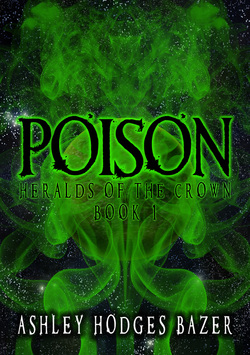
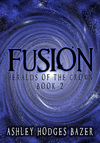


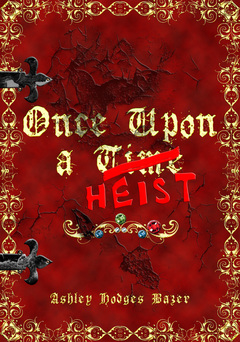
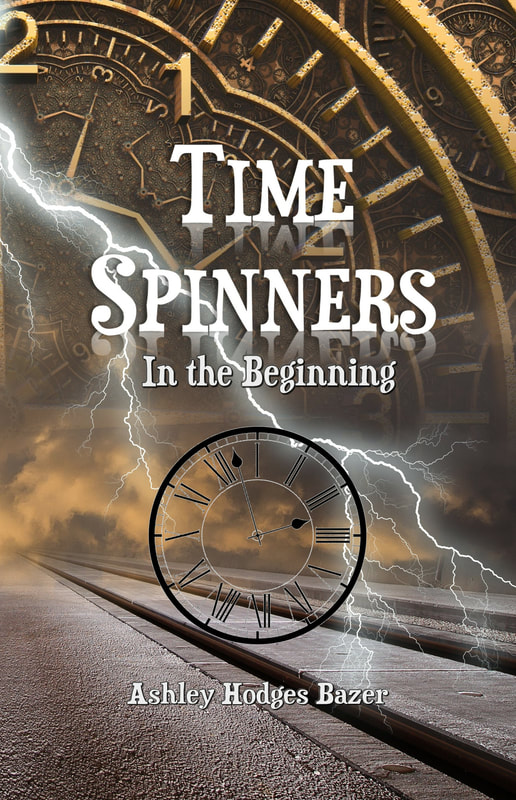
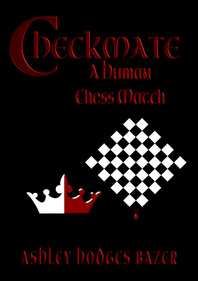
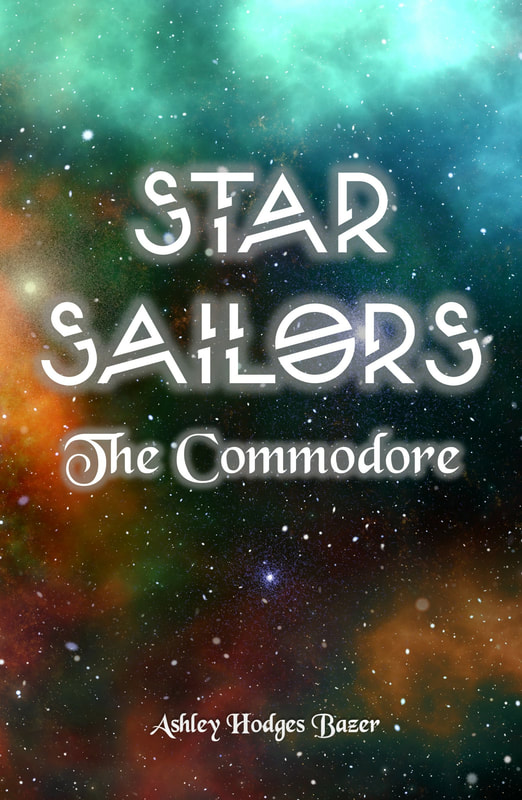

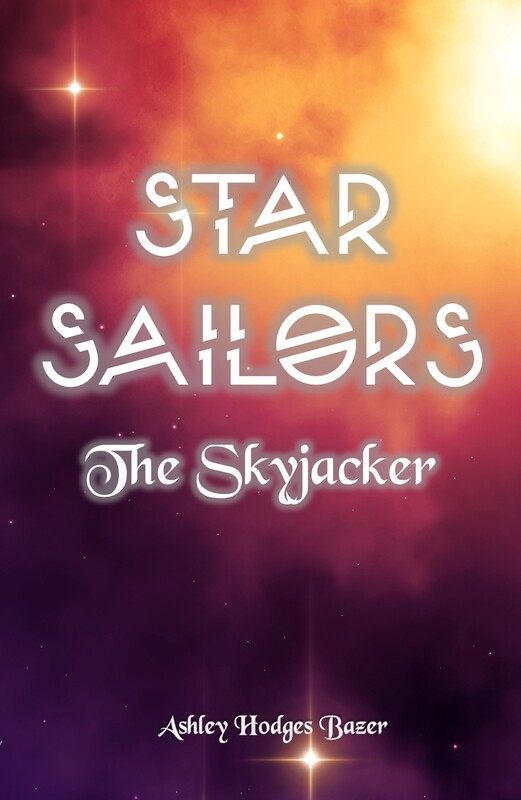
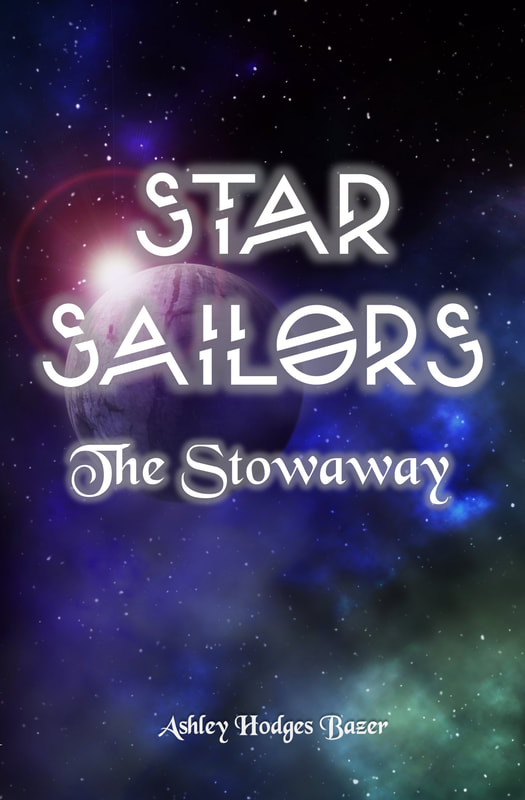
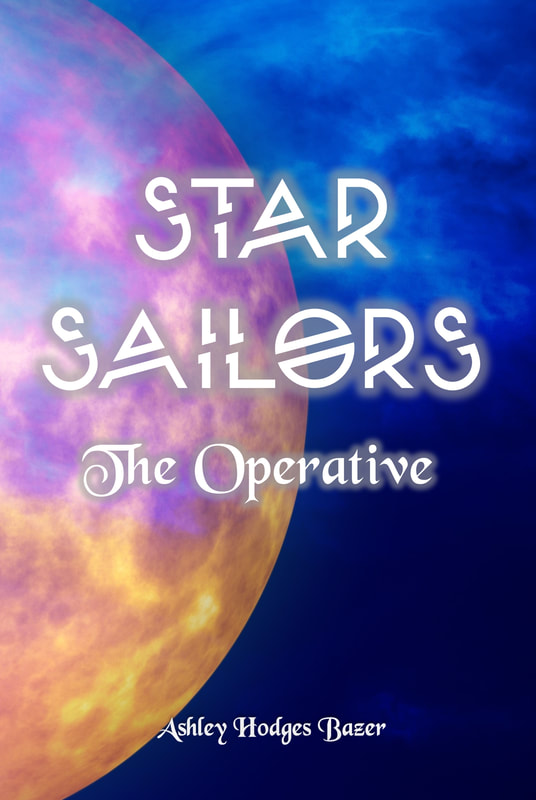
 RSS Feed
RSS Feed
